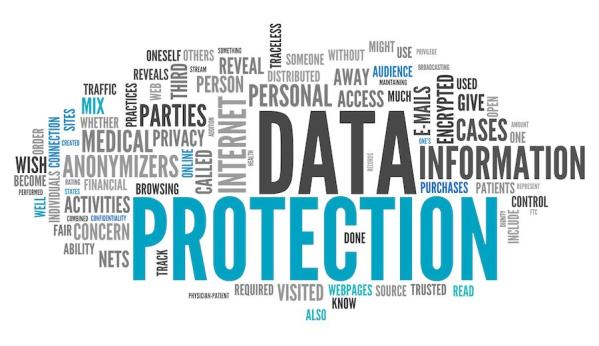I was really excited about my selection to participate in the 7th edition of the African School of Internet Governance which took place in the city of N’Djamena, Chad. The school hosted a diverse group of people from the African continent and outside the continent. The five-day training introduced fellows to a wide range of topics and discussions in the internet governance space. Not forgetting the Practicum, which is a practical adaption of multistakeholder discussion and dialogue on a salient issue. This year, fellows worked with the report of the UN Secretary General’s High-Level Panel… Read more
governance
The World Summit on the Information Society (WSIS) defines internet governance as the development and application by governments, the private sector and civil society of shared principles, norms, rules, decision-making procedures and programmes that shape the evolution and use of the internet.1 The internet is a network of autonomous networks of computing devices, which share the same core protocols enabling them to interoperate regardless of the endpoint applications and devices.2
Governance, most simply defined, is a form of control to ensure organisations, communities or societies… Read more
When I was first accepted to join the African School on Internet Governance (AfriSIG), I thought that it would be a dense, academic course, with tech experts and policy makers coming together to discuss issues around internet governance. Coming from a non-tech, civil society background (my work is on curbing hate speech in Nigeria through online reporting and countering), I arrived at AfriSIG as a novice to the internet governance table. My perception was that internet governance is all about monitoring and governing content online with a focus on data… Read more
One of the ways the African School on Internet Governance (AfriSIG) equips leading African scholars and activists from diverse sectors, backgrounds and ages to participate in local and international internet governance structures is through a hands-on practicum. This practical exercise is intended to give AfriSIG fellows the chance to participate in multistakeholder decision-making, using available methods and processes in a realistic environment, while discussing an issue related to internet governance. This year, the practicum is focused on the topic of… Read more
This year’s African School on Internet Governance (AfriSIG) was preceded by a two-day skills training workshop, facilitated by the Internet Society, aimed to equip fellows with the skills to effectively participate in multistakeholder discussions.
Internet governance processes have adopted multistakeholderism as a model for effective dialogue and decision making at a national, regional and global level. A key principle of multistakeholder engagement is that, in order to reach a consensual decision, all stakeholders must be… Read more
Emilar Vushe is APC’s Africa Projects Coordinator of the Communications and Information Policy Programme. Prior to joining APC, she worked as a researcher both in Zimbabwe and South Africa, mainly focusing on public information rights and human rights. She is a graduate of the National University of Science and Technology (NUST) in Zimbabwe.
Participating in the second African Internet Governance School was incredibly useful – at a personal and professional level. Interacting with over 70 people from more than 50 countries is… Read more






